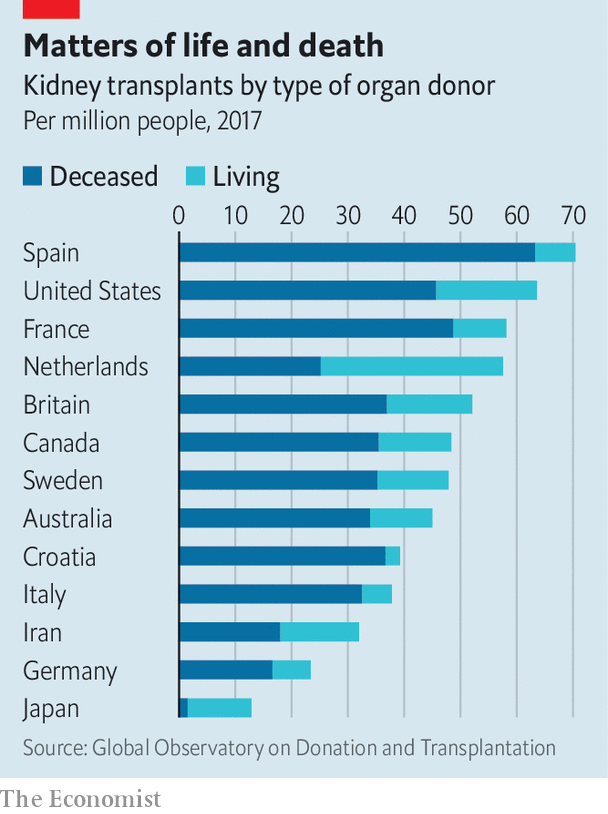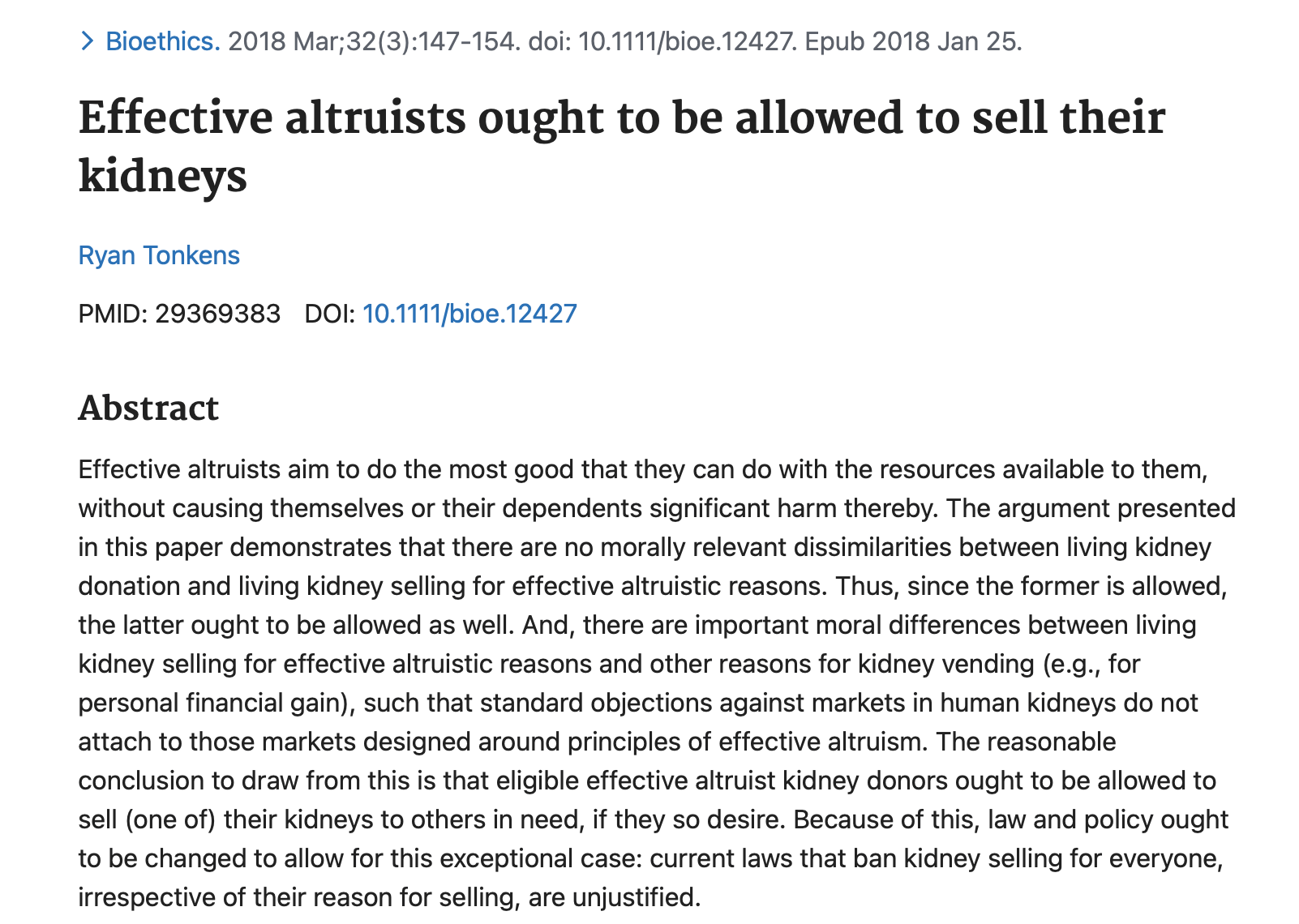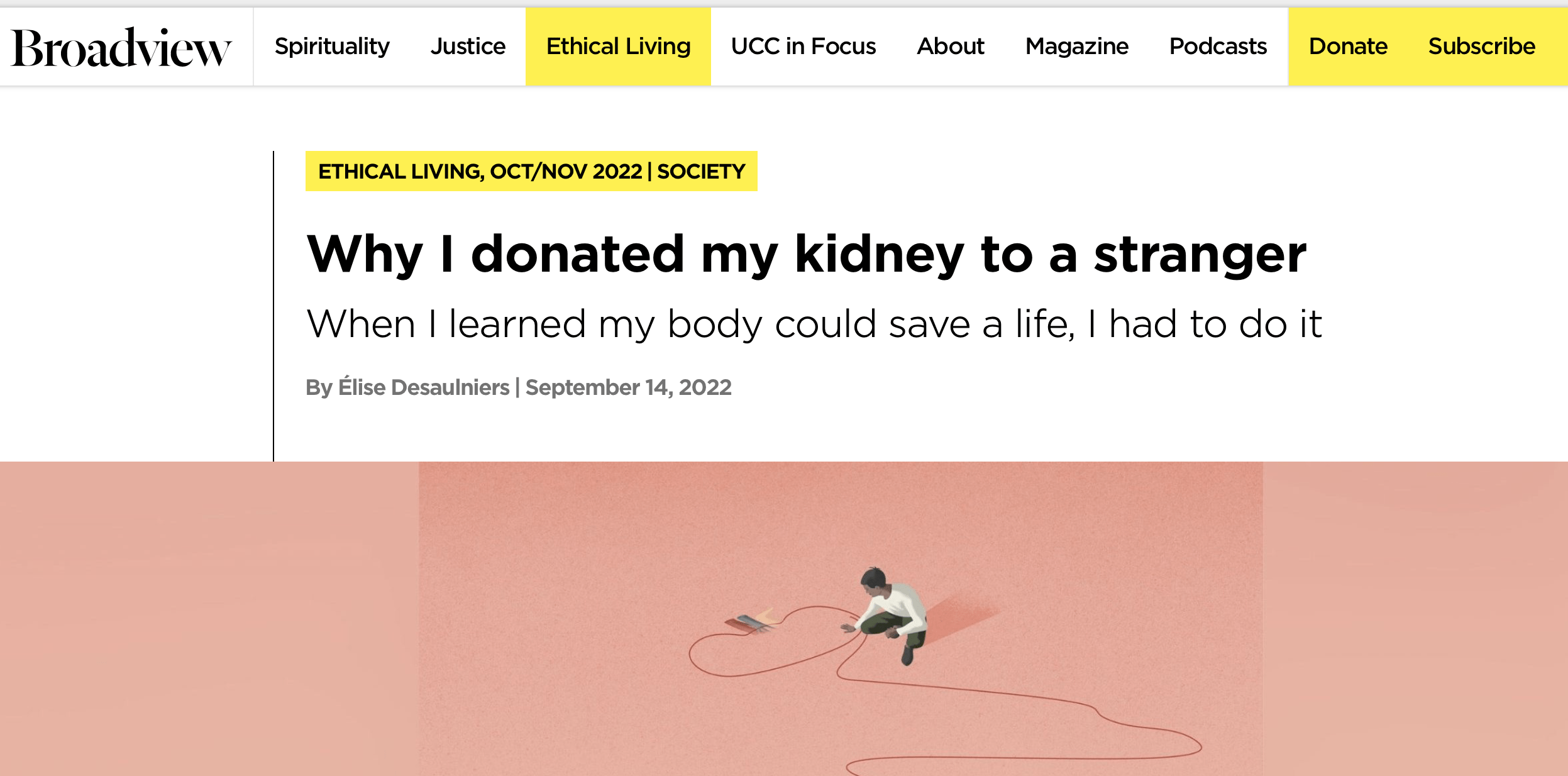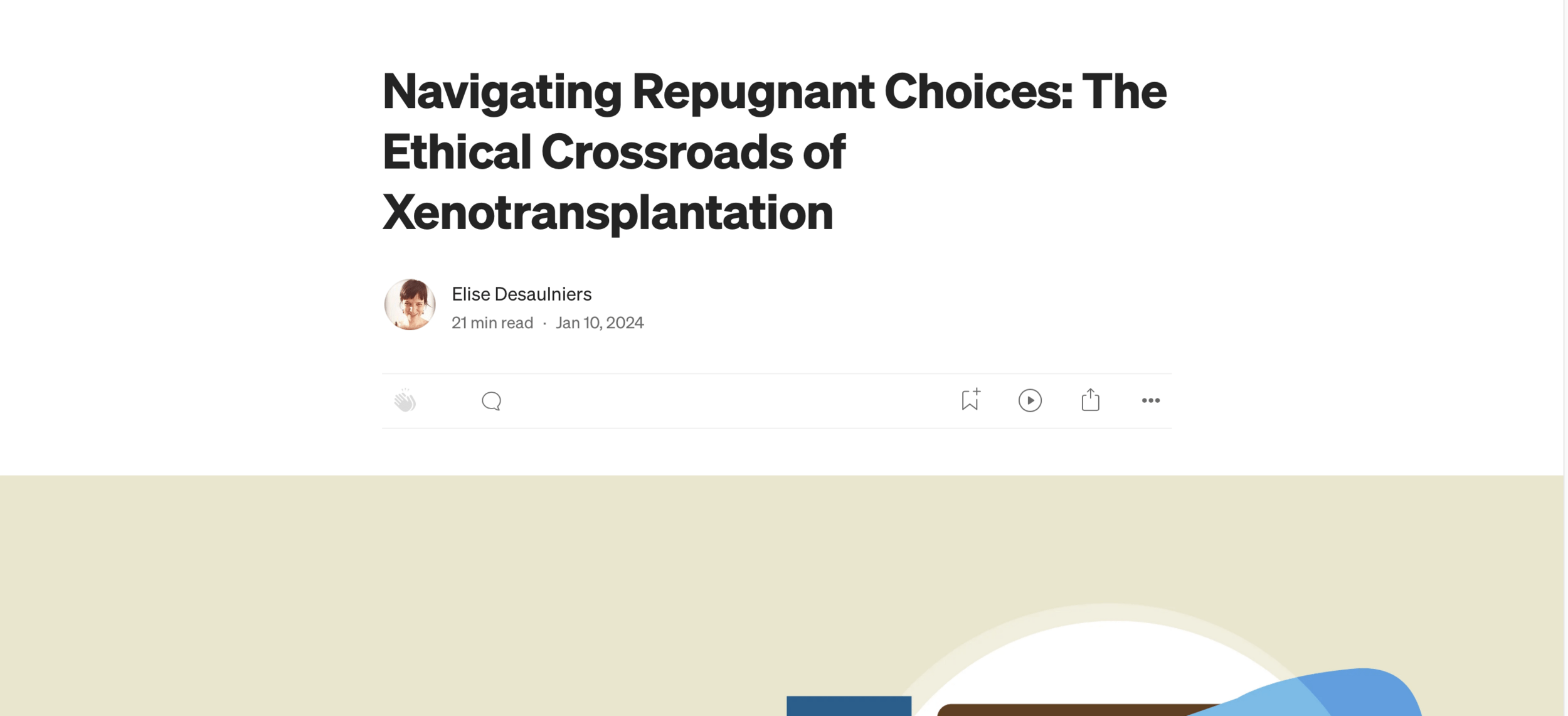effective altruism and organ donation
Élise Desaulniers, April 2024






It is horrible to need a kidney. And not so hard to donate one.
ACCORDING TO EFFECTIVE ALTRUISTS, WE HAVE A MORAL OBLIGATION TO REGISTER AS AN
ORGAN DONOR UPON OUR DEATH
(OR NOT TO DEREGISTER
WHEN THERE IS PRESUMED CONSENT)

PRESUMED CONSENT DOES NOT NECESSARILY HAVE A DIRECT EFFECT
ON THE NUMBER OF ORGANS TRANSPLANTED


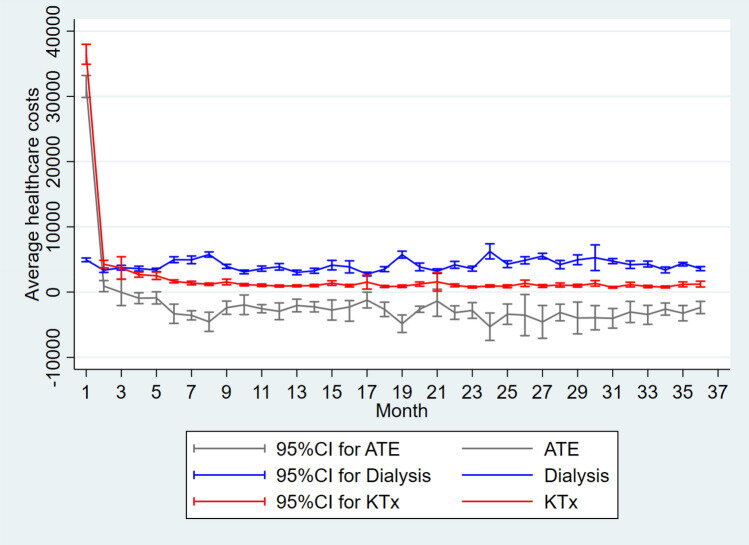
Dialysis
Cadaveric donor
Incompatible living donor
Compatible living donor
Living donor kidney transplantation is cost-saving, as recipients of these transplants live longer and incur fewer costs.
For patients with end-stage renal disease, kidney transplantation reduces healthcare costs compared with dialysis over three years after kidney transplantation, even though the healthcare costs are somewhat higher in the first year.
can compensating donors put an end to the organ shortage?
- 92,000 patients are on the kidney transplant waitlist in the US;
-
22,000 receive a transplant this year;
- 16,000 from deceased donors.
- 6,000 from living donors;
– Conrad Anker
Most people will recognise in themselves the feelings of outrage and disgust that led to an outright ban on kidney sales, and such feelings typically have a force that seems to their possessors to need no further justification. Nevertheless, if we are to deny treatment to the suffering and dying we need better reasons than our own feelings of disgust.


Should effective altruists be allowed to sell (one off) their kidneys?
90% of people who express the wish to donate a kidney do not do so. WHY?

Radical Innovation for Social Change, April 2024
Effective altruism and organ donation
By Elise Desaulniers
Effective altruism and organ donation
- 378
